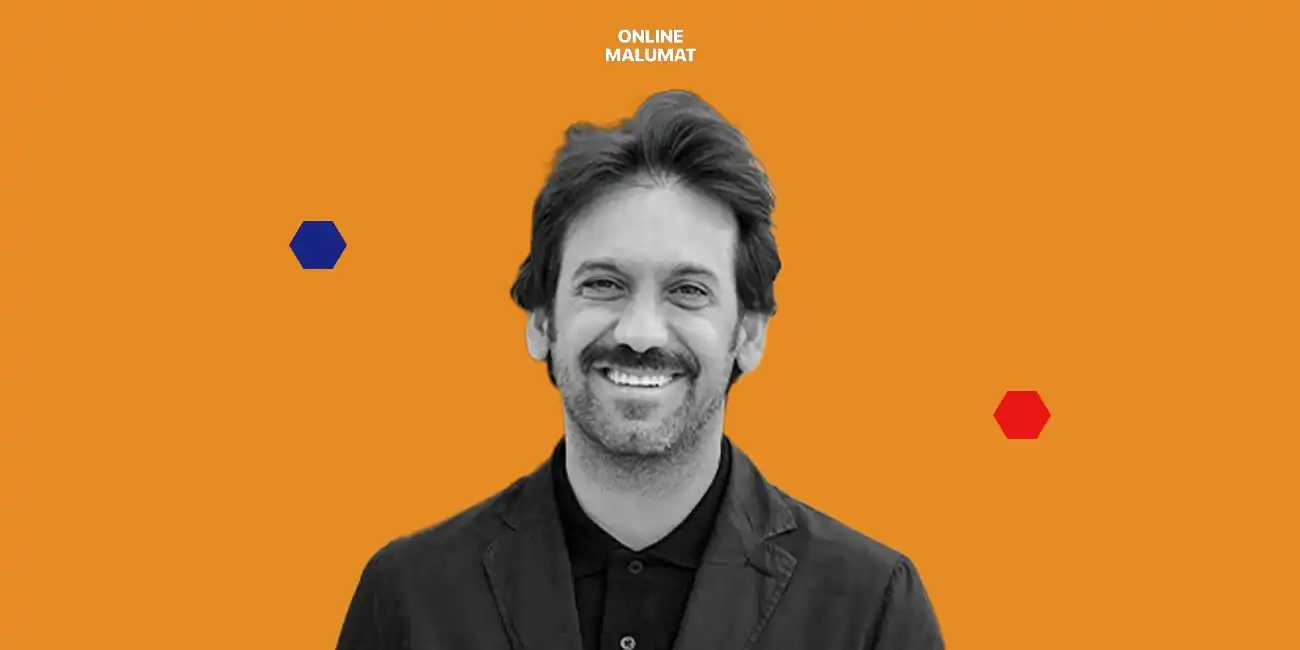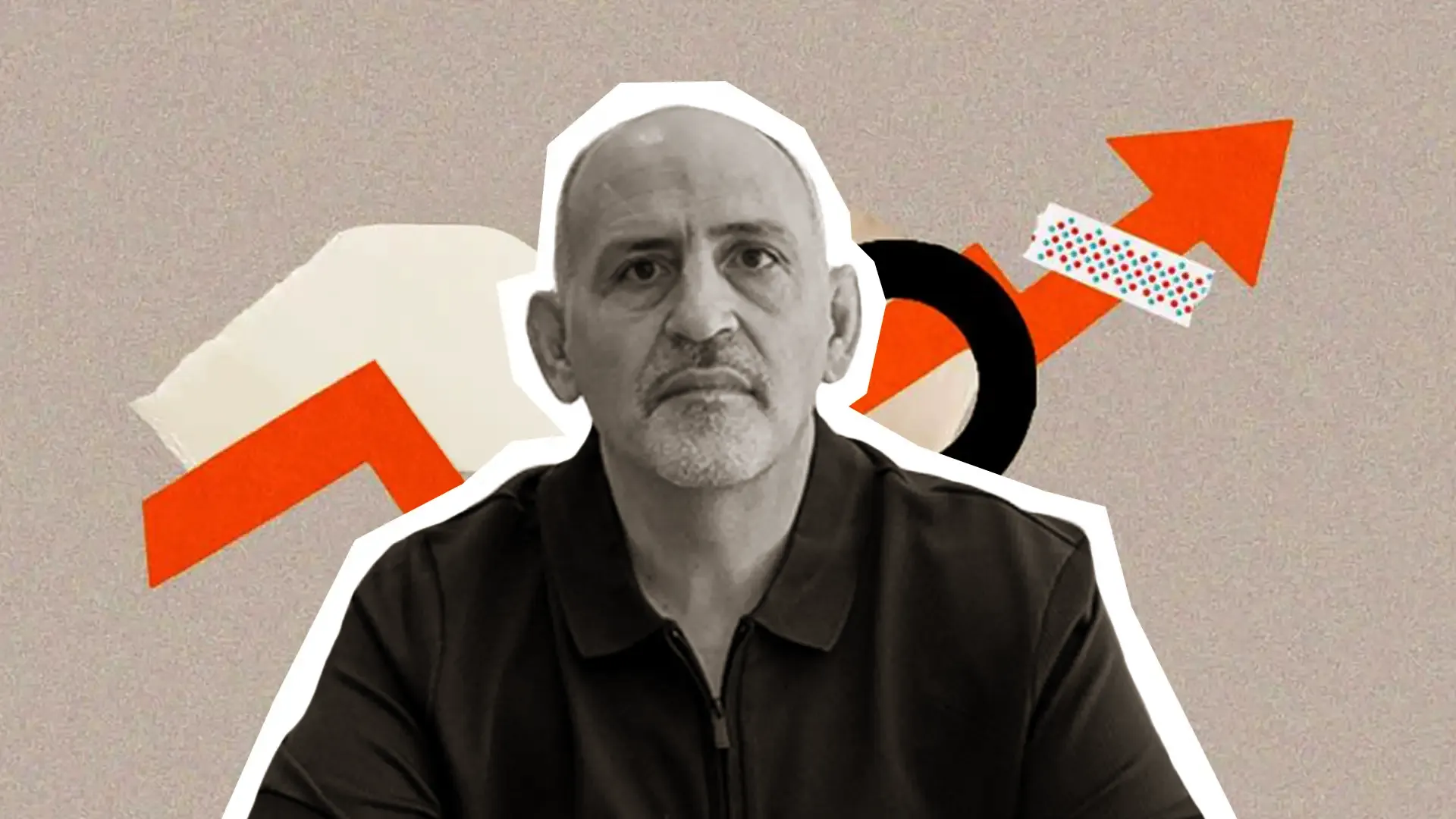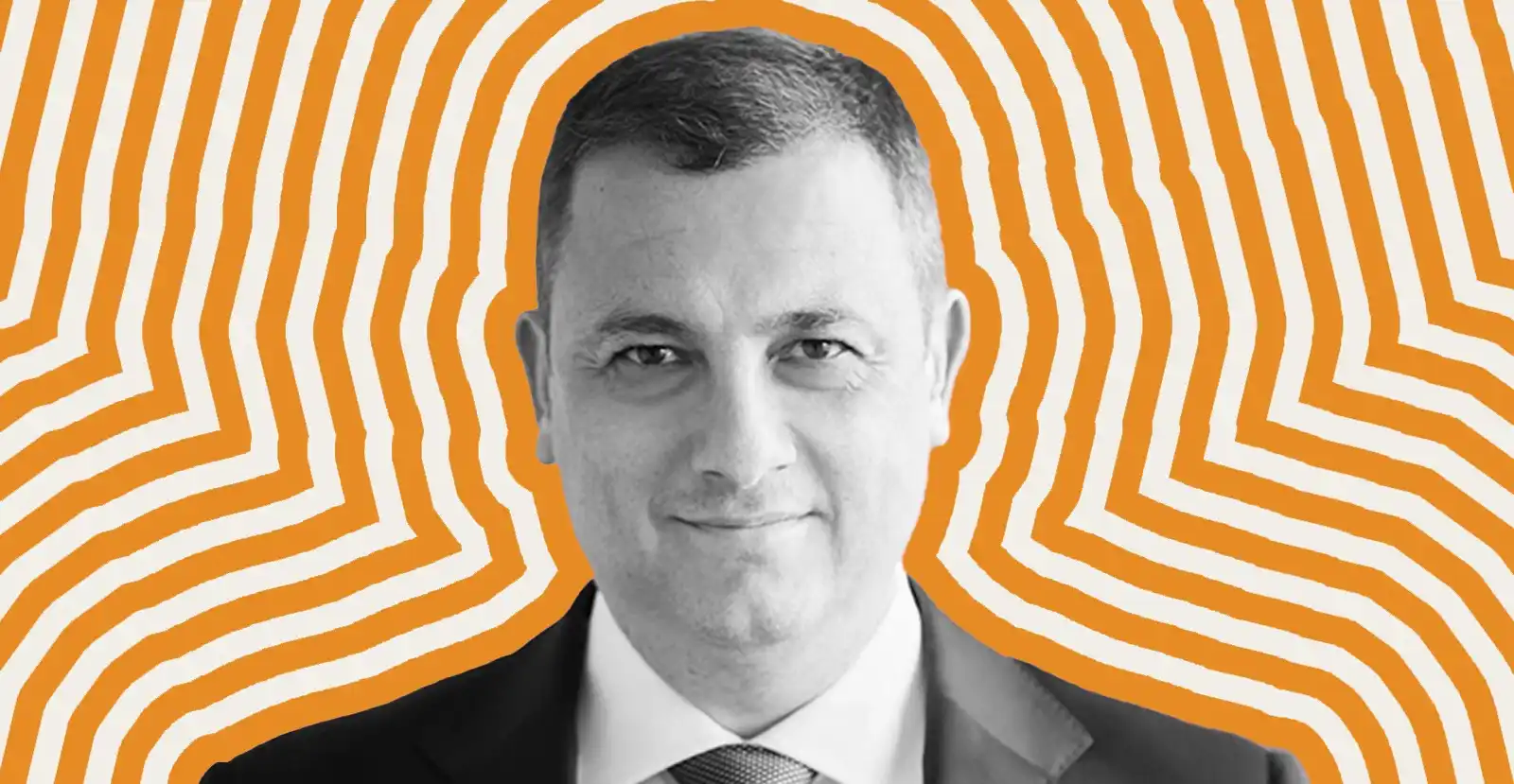
Dr. Batuhan Mumcu, Deputy Minister of Culture and Tourism, draws attention to the rising threat of reputation assassination on social media. He highlights the profound impact these attacks can have on individuals' mental health, careers, and social relationships. With the increase in disinformation and manipulation, these reputation-damaging assaults have become even more dangerous.
The Role of Social Media in Reputation Assassination
Dr. Batuhan Mumcu underlines the dual nature of social media in modern communication, presenting both opportunities and significant threats. While social platforms enable rapid dissemination of information to large audiences, they also create an environment where reputation assassinations can occur with ease.
These platforms facilitate the spread of manipulative content and disinformation, allowing the deliberate tarnishing of individual or institutional reputations. The ability to quickly reach wide audiences makes it challenging to counteract these orchestrated attacks effectively.
Defining Reputation Assassination
At its core, reputation is derived from the Arabic term meaning prestige, representing the values one gains through their life's work. Reputation can significantly influence societal expectations and social value.
Reputation assassination is the intentional act of harming an individual's or an institution's professional or social image. These systematic attacks are often carried out on social media, news sites, forums, and other digital platforms for personal, professional, commercial, or political reasons, deeply impacting the victim's mental health and social standing.
Disinformation and Manipulation
Misleading Information: This involves the use of altered images, distorted quotes, and false headlines designed to harm someone’s reputation. Such content spreads rapidly, often overshadowing efforts to correct the false narrative.
Perception Management: Key social media accounts may engage in disinformation campaigns to manipulate public opinion, playing a crucial role in the execution of these harmful strategies.
Causes of Reputation Assassination on Social Media
Personal Hostilities: Driven by jealousy, competition, or personal vendettas, individuals may launch targeted attacks.
Political and Ideological Differences: Organized smear campaigns by opposing groups aim to discredit adversaries and promote their own ideologies.
Protecting Against Reputation Assassination
To shield against reputation assassinations on social media, several strategies have been developed. Conscious media use and source verification are essential. Governments, civil society organizations, and media institutions need to collaborate to combat disinformation effectively.
Legal Measures for Reputation Protection
Turkey has implemented regulations under Press Law No. 7418 to manage content shared on social media. These laws criminalize the spread of false information and are enforced by the Center for Combating Disinformation. Ensuring accurate information flow requires joint efforts by all stakeholders to create a more respectful communication environment.
Frequently Asked Questions: Reputation Assassination on Social Media
What does reputation assassination on social media mean?
Reputation assassination refers to organized campaigns designed to tarnish an individual's or institution’s reputation through disinformation and manipulation. Tactics include misleading information, distorted quotes, and altered visuals, exploiting the extensive reach of social media platforms.
How can one protect themselves from reputation assassination on social media?
Conscious media use is crucial. This means verifying sources and checking the accuracy of information before sharing or believing it. Understanding legal rights and seeking legal recourse, as outlined in the Press Law No. 7418 in Turkey, is also critical. Media organizations and educational entities play a vital role in raising awareness about information security.
Most Frequently Asked Questions
How do reputation assassinations on social media affect individuals' mental health?
Reputation assassinations on social media can lead to severe mental health issues, including anxiety, depression, and stress. Victims often feel isolated and targeted, making it difficult to trust others or engage in social activities. The constant fear of surveillance and judgment heightens emotional distress. These effects can also spill over into professional life, causing a loss of self-esteem and productivity, ultimately affecting one's career. The mental toll is so significant that it sometimes requires professional intervention to manage the emotional damage inflicted by these orchestrated attacks.
Why is conscious media use important in protecting against reputation assassinations?
Conscious media use involves critically evaluating the sources and accuracy of information before accepting or sharing it. In the context of reputation assassinations, this practice helps mitigate the spread of disinformation and manipulative content designed to harm individuals or institutions. By verifying sources and cross-referencing information, users can avoid becoming unwitting participants in malicious campaigns. Additionally, practicing conscious media use fosters a more informed and responsible community, reducing the overall impact and reach of these damaging assaults on one's reputation.
Who is Batuhan Mumcu?
Batuhan Mumcu, born in Erzincan in 1983, holds a degree in Public Relations from Near East University. He completed his master's and Ph.D. in Political Science with a focus on cultural heritage protection. He has served in various governmental roles and authored numerous publications on cultural heritage. Appointed as Deputy Minister of Culture and Tourism in 2023, he also represents Turkey in TURKSOY and is a Board of Trustees member at the Yunus Emre Foundation. Additionally, he is a Galatasaray Sports Club Congress member, married, and has two children.



